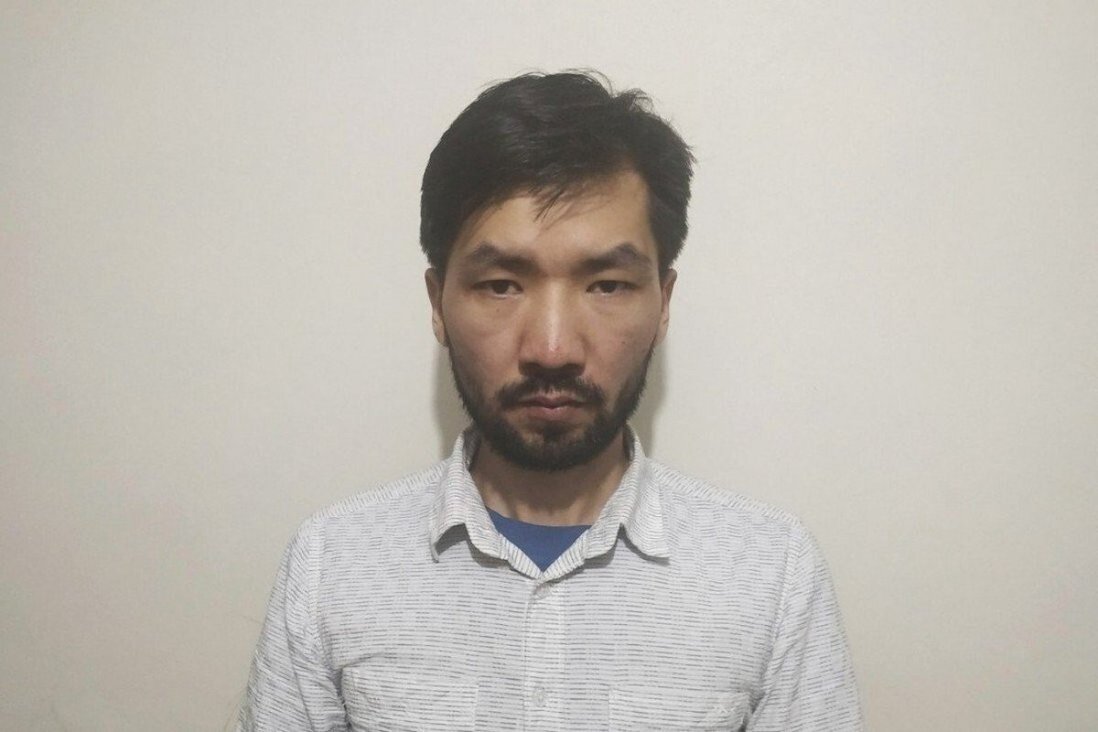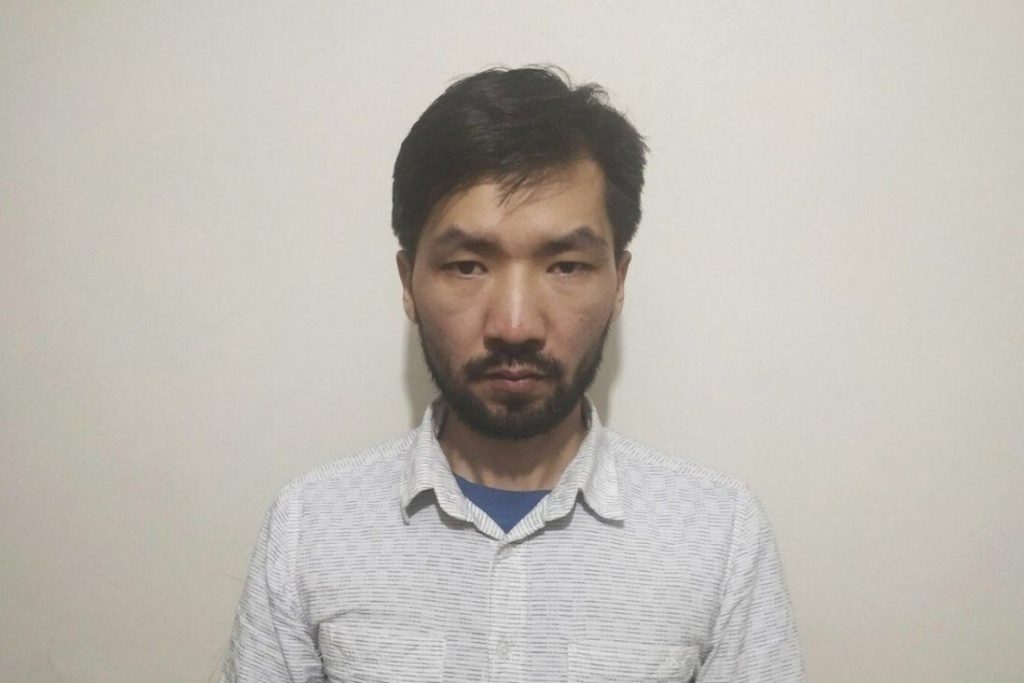Xinjiang: Interpol cancels alert for Uygur man sought by China

South China Morning Post, 24 August 2021
Below is an article published by the South China Morning Post. Photo SCMP.

Interpol has cancelled a red notice for a Uygur man sought by Beijing after the international police body conducted a review, as accusations mount that it is being used to repatriate dissidents to China.
The red notice had led Moroccan authorities to detain Yidiresi Aishan, a 33-year-old Chinese national born in Xinjiang and also known as Idris Hasan, after he arrived in Casablanca on July 19 from Turkey, where he has lived since 2012.
“The Interpol general secretariat has cancelled the red notice for Yidiresi Aishan and informed all 194 member countries,” an Interpol statement said on Monday.
An Interpol spokesman declined to provide more information on why the notice was cancelled.
China’s public security ministry did not immediately respond to a faxed list of questions about the cancellation of the red notice. It also did not respond to previous questions about Aishan’s case, sent on August 2.
The Moroccan prosecutor has started the extradition process for Aishan, holding the first hearing on August 12. But China did not provide evidence to the court to support its request, Aishan’s wife Zeynure told the South China Morning Post.
A second hearing had been set for Thursday to give more time for the Chinese authorities to present evidence, said Zeynure, who is in Turkey with their three children. She said she was hopeful that the withdrawal of the red notice would help Aishan in the case.
“This is great news,” she said. “In the first hearing, the Chinese government didn’t present much evidence. They called my husband a terrorist but didn’t have any proof.”
Aishan, a software engineer, had been active in the Uygur diaspora community in Turkey, helping to publish newsletters that shared resources for resettlement. He also wrote a book in the Uygur language about computer hacking, according to his friend, Abduweli Ayup, an exiled writer based in Norway.
China has been accused of misusing the Interpol red notice system to harass and attempt to repatriate overseas Uygur dissidents, often claiming they were involved in terrorism. Dolkun Isa, the president of the World Uygur Congress, had a red notice against him for his arrest for 20 years until 2018, during which he was detained or threatened with extradition to China in at least five countries that he travelled to, including the United States, South Korea and Italy.
A naturalised German citizen since 2006, Isa found out about the red notice in 1999 from the German police, who told him that Chinese authorities had accused him of murder in 1996 – a bogus charge given that he had left China and fled to Turkey in 1994, he said.
After the September 11 attacks in the US, the Chinese authorities began to use terrorism charges against Uygur dissidents, and 11 people including Isa were placed in 2004 on the first terrorism wanted list issued by the Chinese police, according to Isa.
“The Chinese government has turned to the Interpol system for Uygur dissidents,” Isa said. “Freedom of expression is not a crime under international law and China knows that. That’s why China [describes] all kinds of activism as acts of terrorism.”
Bruno Min, from the legal NGO Fair Trials, which helped with Isa’s appeal to remove his red notice, said Interpol’s alerts had been misused previously against political dissidents, and by countries such as Turkey to go after people of Kurdish origin who sought asylum in nations including Belgium, Germany and Britain.
There were reforms in 2016 to make the Interpol system more transparent, and make it easier for individuals to contest a red notice for their arrest, according to Min.
The NGO had not seen large-scale targeting of Uygur exiles with red notices, but the case of Aishan, who was not a high-profile dissident, may suggest a systematic abuse of Interpol alerts to pursue people fitting a profile, Min said.
“Aishan’s case is a pretty good example of how there is still a lot of room for improvement,” he said. “They need to have systems to make sure there is a thorough review of every single red notice request that goes through the system.
“Where there is an obvious human rights issue, or there are strong grounds that it might be politically or religiously motivated, Interpol should be refusing the request. I think this case probably highlighted that it’s not really working that well.”
An Interpol spokesman said safeguards were in place to ensure a transparent and structured process to resolve such issues and avoid potential misuse of red notices.

